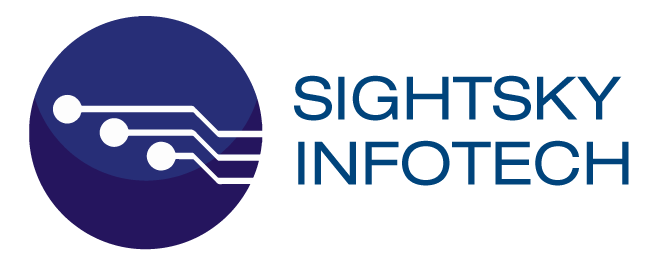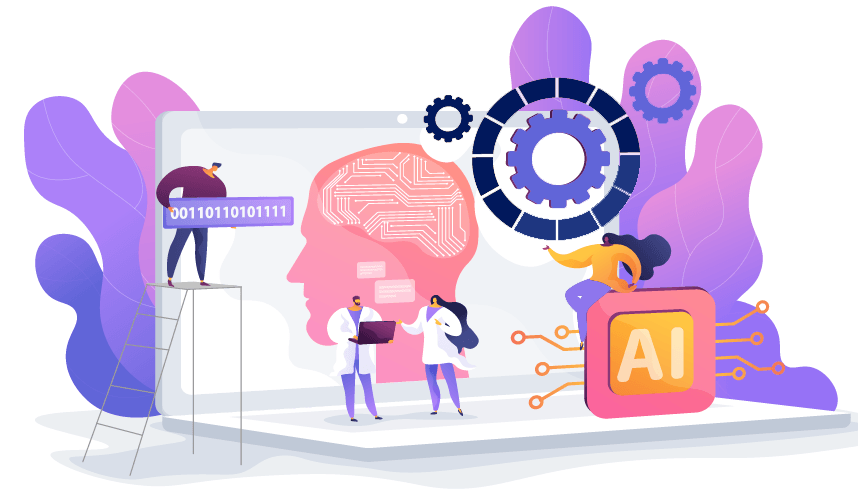Revolutionizing Software Development with Automation Technology
In today’s rapidly evolving technological landscape, the software development industry is experiencing a significant transformation. One of the driving forces behind this transformation is automation technology. Automation has revolutionized the way software is developed, tested, deployed, and maintained, leading to increased efficiency, reduced errors, and accelerated innovation. In this blog post, we will explore the profound impact of automation on software development and its various aspects.
The Power of Automation in Software Development
Automation technology involves using tools, scripts, and processes to perform tasks and processes without human intervention. In the realm of software development, automation has proven to be a game-changer. Here’s how:
**1. Automated Testing and Quality Assurance
Manual testing is a time-consuming process that can be error-prone. Automation tools, such as Selenium, Appium, and JUnit, allow developers to create scripts that automatically test software applications for various scenarios. This not only speeds up the testing process but also improves the accuracy of detecting bugs and vulnerabilities.
2. Continuous Integration and Continuous Deployment (CI/CD)
CI/CD pipelines automate the process of integrating code changes, running tests, and deploying applications to production environments. Tools like Jenkins, Travis CI, and GitLab CI/CD enable developers to deliver new features and updates to users rapidly and consistently. This automation minimizes the risk of human error during deployment.
3. Code Generation and Templating
Automation can assist developers in generating repetitive code, reducing the chances of errors caused by manual typing. Code generation tools create boilerplate code, saving time and effort. Additionally, templating engines simplify the process of creating consistent code structures for different components.
4. Infrastructure as Code (IaC)
IaC allows developers to define and manage infrastructure using code. Tools like Terraform and CloudFormation automate the provisioning of servers, databases, and other resources, making it easier to manage complex environments and ensuring consistency across deployments.
5. Monitoring and Alerting
Automation tools can monitor applications and infrastructure in real-time. They can automatically trigger alerts and take corrective actions when anomalies or issues are detected. This proactive approach to monitoring helps maintain the health and performance of software systems.
6. Bug Tracking and Issue Management
Automation can streamline the process of tracking and managing software issues. Tools like Jira and Trello enable teams to automate workflows, assign tasks, and track the progress of bug fixes and feature development.
7. Documentation Generation
Documentation is a crucial part of software development, but it can often be neglected due to time constraints. Automation tools can generate documentation from code comments, making it easier to keep documentation up-to-date and accessible.
The Future of Automation in Software Development
As technology continues to advance, the role of automation in software development will continue to expand. Here are some trends that point toward the future of automation:
1. Artificial Intelligence and Machine Learning Integration
Automation will increasingly leverage AI and machine learning to enhance tasks like code analysis, predictive testing, and even generating code snippets based on requirements.
2. Low-Code and No-Code Development
Automation will empower non-developers to create applications using low-code and no-code platforms, democratizing software development and accelerating innovation.
3. DevOps and AIOps Convergence
The collaboration between development and operations (DevOps) will merge with AI operations (AIOps), enabling more intelligent and automated management of software systems throughout their lifecycle.
Conclusion
Automation technology has become a cornerstone of modern software development, transforming the way applications are designed, built, and maintained. From automating testing to streamlining deployment pipelines, the impact of automation is undeniable. As we move forward, embracing automation will be essential for staying competitive, delivering higher-quality software, and meeting the demands of an ever-evolving industry. By harnessing the power of automation, software developers can unleash their creativity and focus on solving complex problems that drive innovation.


